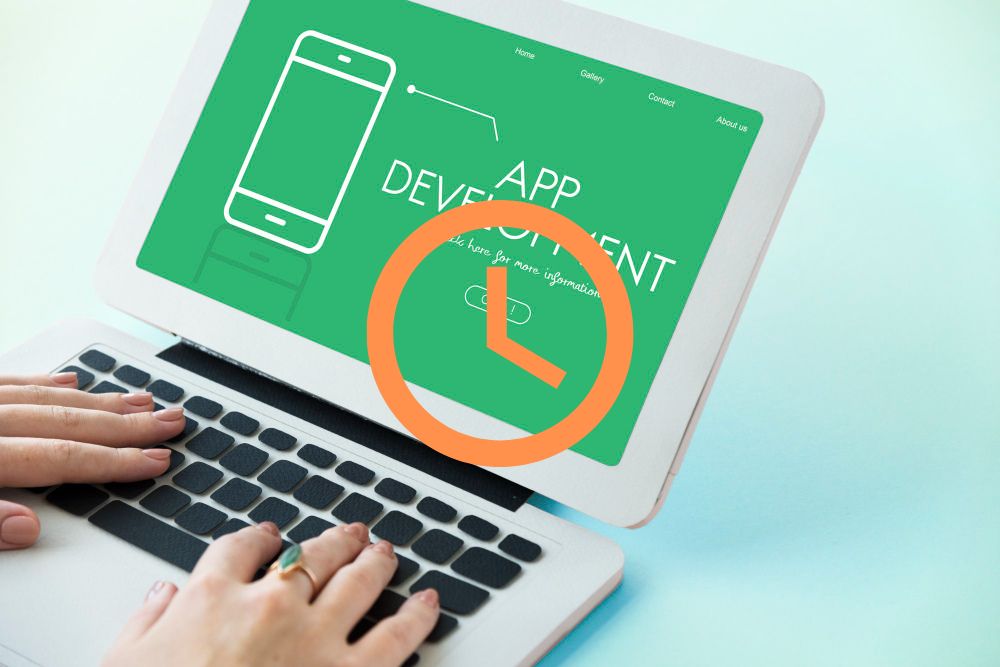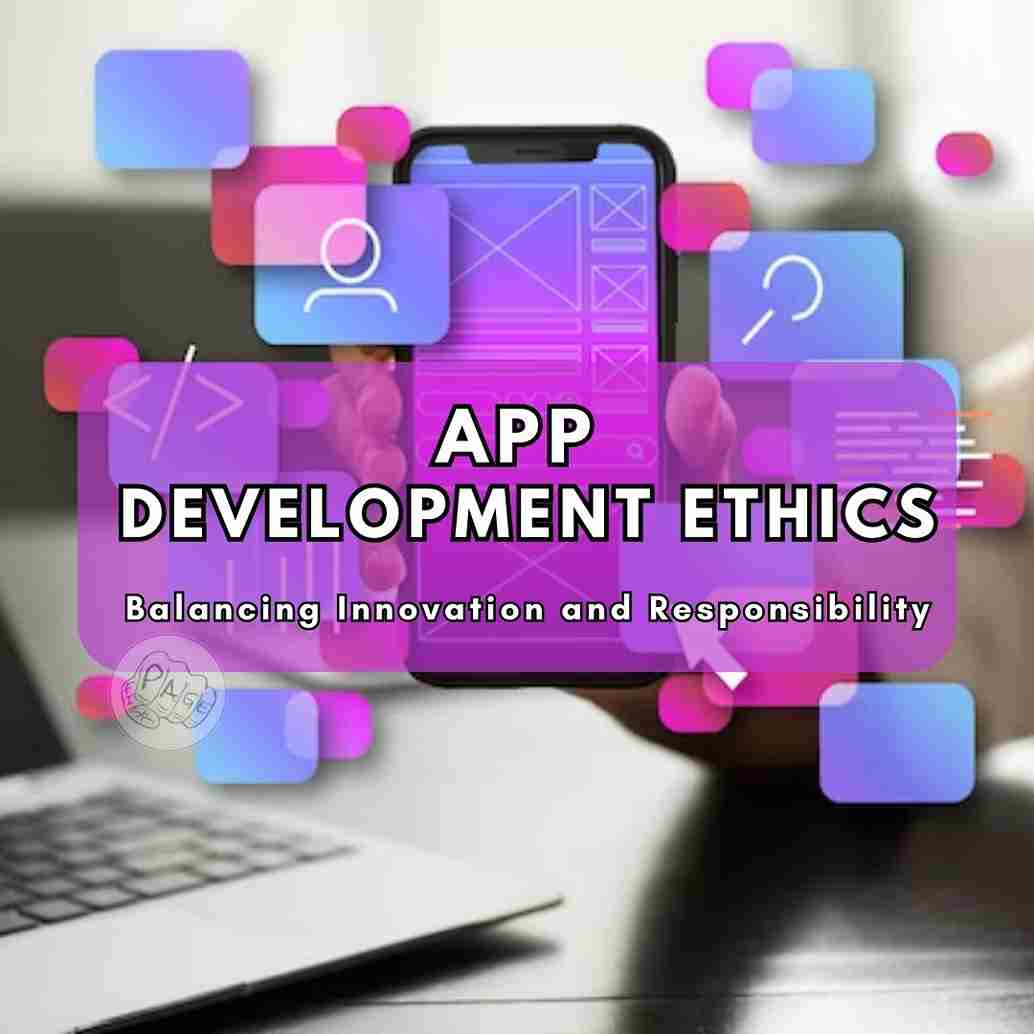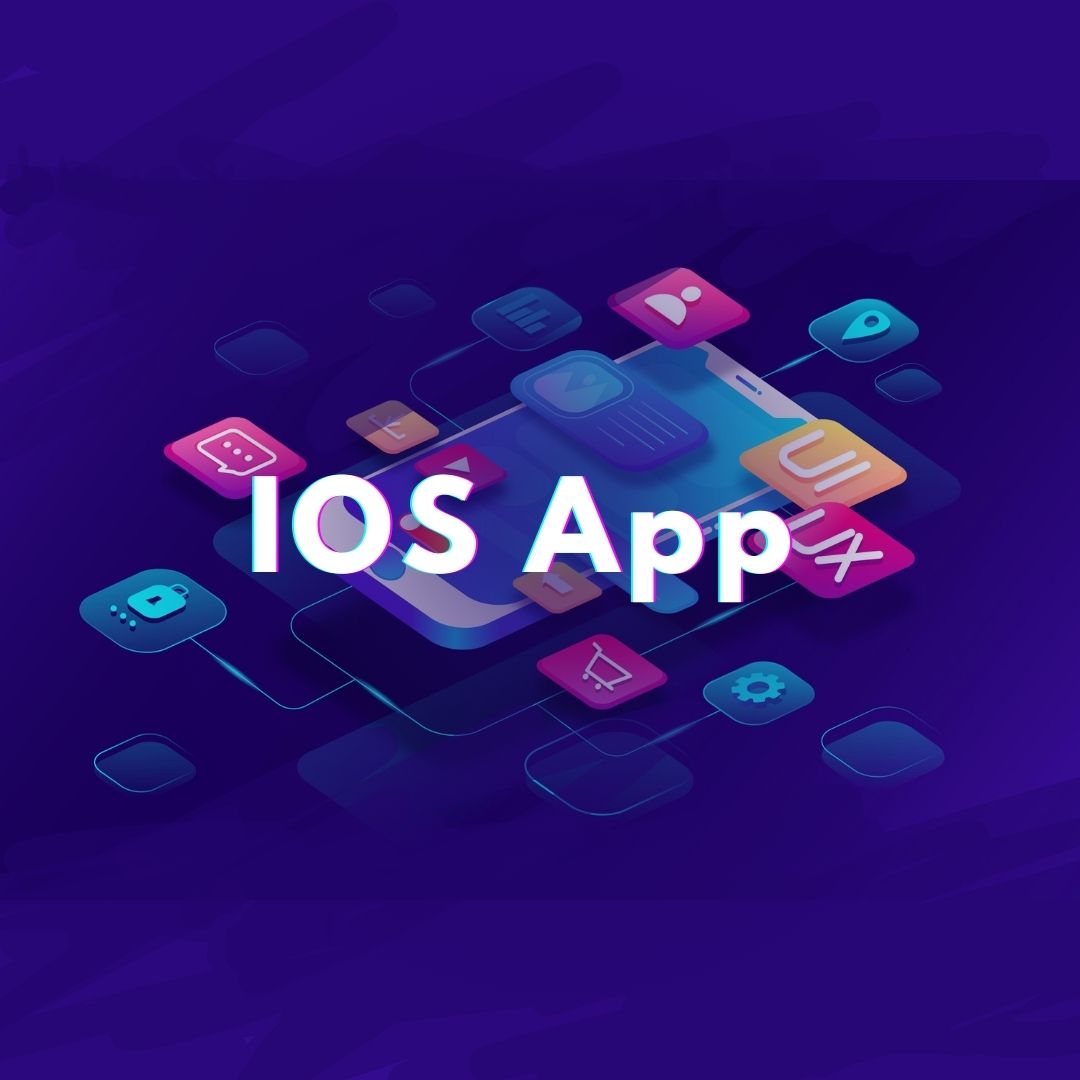How long will it take to develop an app?
The answer to this question depends on several factors, such as the complexity of the app, the features and functionalities required, the design and user interface, the platform and technology used, and the testing and debugging process. A simple app can take a few weeks to develop, while a complex app can take several months or even years. Therefore, it is important to have a clear vision and scope for your app project before you start development and to communicate effectively with your app developer or team throughout the process.
One of the most common questions that app developers face is how long will it take to develop an app. The answer is not simple, as it depends on many factors, such as the complexity of the app, the features and functionalities, the design and user interface, the platform and technology, the testing and debugging, and the feedback and iteration.
In this blog post, we will try to give you some general guidelines and estimates based on our experience and industry standards. However, keep in mind that these are only approximate numbers and may vary depending on your specific project and requirements.
The complexity of the app
The complexity of the app is one of the main factors that affect the development time. Generally, apps can be categorized into three levels of complexity: simple, medium, and complex.
Simple apps are those that have basic features and functionalities, such as a calculator, a timer, a flashlight, etc. These apps usually do not require any backend development, third-party integrations, or complex algorithms. They also have a simple and minimal design and user interface. The development time for simple apps can range from 2 to 4 weeks.
Medium apps are those that have more advanced features and functionalities, such as social media apps, news apps, fitness apps, etc. These apps usually require some backend development, third-party integrations, or complex algorithms. They also have a more sophisticated design and user interface. The development time for medium apps can range from 3 to 6 months.
Complex apps are those that have highly advanced features and functionalities, such as gaming apps, streaming apps, e-commerce apps, etc. These apps usually require extensive backend development, third-party integrations, or complex algorithms. They also have a very elaborate design and user interface. The development time for complex apps can range from 6 to 12 months or more.
Share This Post
Related Articles
App Development: A Guide for Beginners
If you are interested in creating your own mobile or web applications, this guide will help you get started. App development is a rewarding and challenging field that requires creativity, technical skills, and a passion for solving problems. In this guide, you will learn the basics of app development.
Types of App Development
App development is the process of creating software applications that run on various devices, such as smartphones, tablets, computers, and smartwatches. There are different types of app development, depending on the platform, the programming language, and the development environment.
App Development Ethics: Balancing Innovation and Responsibility
Dive into the world of app development ethics, where innovation and responsibility intersect. Explore the challenges, dilemmas, and solutions in this ever-evolving digital landscape.
Develop iPhone App and Become an IOS Mobile App Developer
If you want to develop an iPhone app, you need to have some basic skills and tools. First, you need to know how to code in Swift, the official programming language for iOS. Swift is a modern and powerful language that lets you create fast and responsive apps. Second, you need to have a Mac computer and Xcode, the integrated development environment (IDE) for iOS. Xcode is where you write, test, debug, and deploy your app. Third, you need to have an Apple Developer account and a device to test your app on. An Apple Developer account lets you access the App Store, where you can distribute your app to millions of users. A device, such as an iPhone or an iPad, lets you see how your app looks and works on a real screen.
App Development Company in India
PAGEFIST is a leading app development company in India that offers innovative solutions for various platforms and industries. We have a team of experienced and skilled developers who can create custom apps that meet your specific needs and expectations. Whether you need an app for iOS, Android, web, or hybrid, we can deliver it with high quality and efficiency. We also provide app maintenance and support services to ensure your app runs smoothly and securely. Contact us today to get a free quote and consultation for your app project.
Related FAQ
No related FAQ.
Say Hello
To Your Dream





